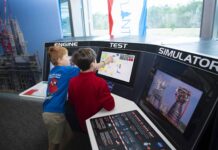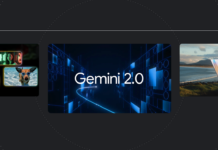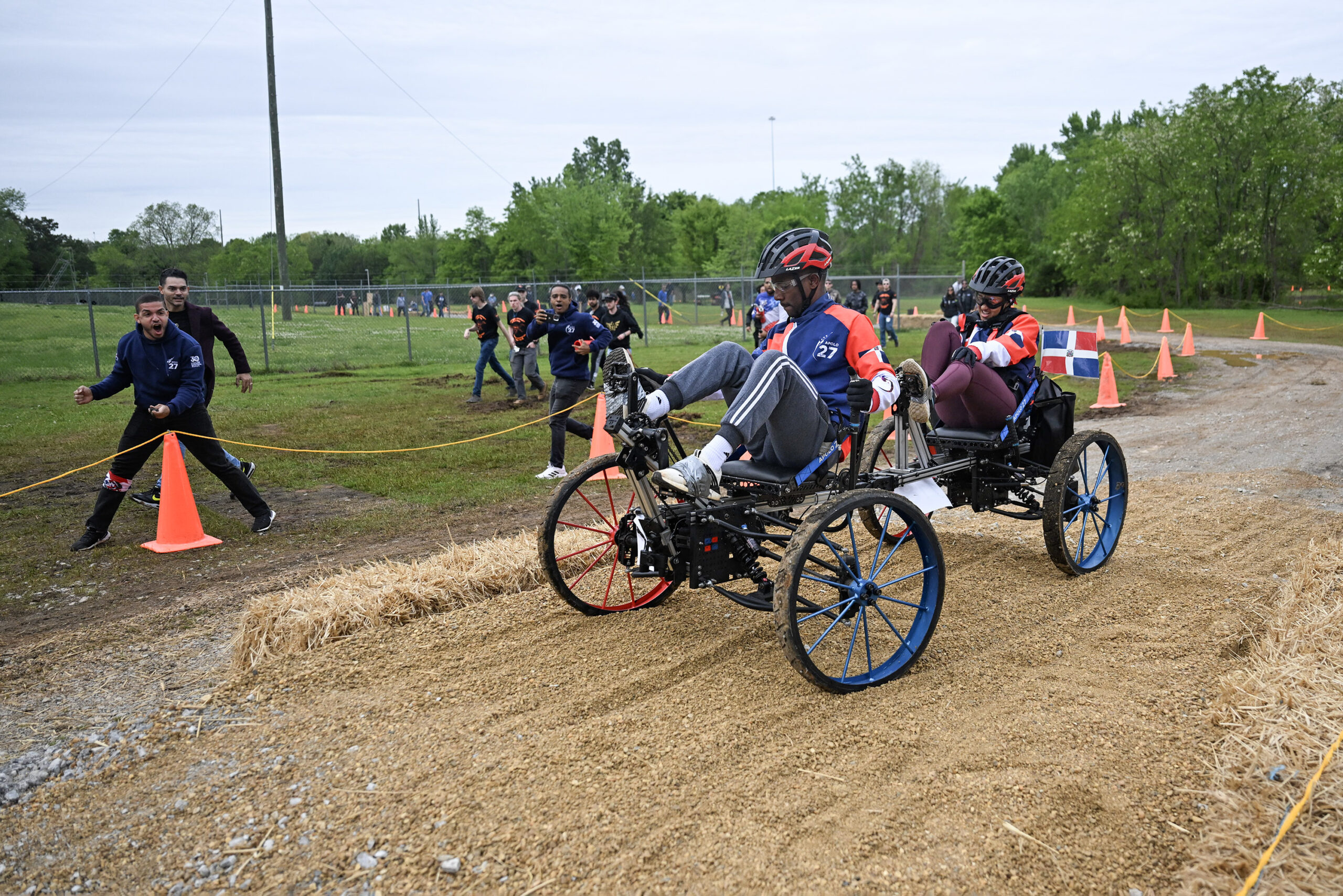NASA’s Human Exploration Rover Challenge: Inspiring the Next Generation of Innovators
NASA is once again opening the doors to an exciting opportunity for young minds by selecting 75 student teams to participate in a prestigious engineering design competition. Known as the Human Exploration Rover Challenge (HERC), this annual event is part of NASA’s broader Artemis Student Challenges. It aims to inspire students to delve into the fields of science, technology, engineering, and mathematics (STEM) by designing and building innovative rovers. These rovers will then compete in a thrilling event next spring at the U.S. Space and Rocket Center, conveniently located near NASA’s Marshall Space Flight Center in Huntsville, Alabama.
The HERC is celebrated as NASA’s foremost international student challenge, now in its 31st year. This event aligns closely with the ambitious goals of NASA’s Artemis program, which focuses on returning humans to the Moon. The challenge places students in a scenario where they must think like NASA engineers, crafting a vehicle capable of traversing the lunar surface. The vehicles, designed to simulate astronauts driving across the Moon, will need to navigate a variety of obstacles, mirroring the real-life challenges that space explorers face.
A Global Gathering of Young Innovators
This year, the challenge has drawn participation from a diverse group of students across the globe. Teams hail from 35 colleges and universities, 38 high schools, and two middle schools, representing 20 different states in the U.S., Puerto Rico, and 16 other countries. The event is slated to kick off on April 11, 2025, and will be orchestrated by NASA’s Southeast Regional Office of STEM Engagement at NASA Marshall.
Following the remarkable success of the 2024 competition, which captured international interest, NASA has introduced exciting new elements to the challenge. Building on the momentum of the previous year, the 2025 competition will feature a new remote-control division called Remote-Operated Vehicular Research. This addition invites middle school students to join in the excitement, expanding the reach and inclusivity of the event. The updated 2025 HERC Handbook provides comprehensive guidelines for both this new remote-control division and the traditional human-powered division.
Aligning with the Artemis Vision
The Artemis Student Challenges, which include HERC, are deeply intertwined with the overarching objectives of NASA’s Artemis campaign. This campaign is groundbreaking, as it aims to land the first woman and the first person of color on the Moon. It is a step towards establishing a sustainable human presence on the lunar surface, laying the groundwork for future exploration and scientific discovery.
The significance of HERC extends beyond the competition itself. In 2024, more than 1,000 students across 72 teams from various parts of the world took part, marking the 30th anniversary of HERC as a NASA competition. Since its inception in 1994, the challenge has seen participation from over 15,000 students. Many former participants have gone on to pursue successful careers with NASA or in the broader aerospace industry, underscoring the event’s role as a springboard for budding scientists and engineers.
Technical Aspects and Learning Opportunities
For those new to the concept, the Human Exploration Rover Challenge requires students to design and build a vehicle that can be powered by human effort or controlled remotely. The challenge is multifaceted, demanding a blend of creativity, technical skill, and teamwork. Participants must consider various factors such as weight, durability, and maneuverability while ensuring their designs can effectively tackle simulated lunar terrain.
This experience is invaluable, offering students a taste of real-world engineering problems. It encourages them to think critically and innovate, skills that are essential in any scientific or technological field. The hands-on experience gained through HERC is often seen as an important stepping stone for those interested in pursuing a career in space exploration or related areas.
Broader Implications and Future Outlook
The impact of the Human Exploration Rover Challenge is profound, as it not only fosters the development of technical skills but also promotes international cooperation and cultural exchange. By bringing together students from around the world, the challenge serves as a melting pot of ideas and perspectives, enriching the participants’ educational journey.
In the years to come, NASA’s HERC is expected to continue evolving, incorporating new technologies and addressing emerging challenges in the field of space exploration. As the Artemis program progresses, the lessons learned and innovations developed through events like HERC will play a crucial role in ensuring the success of future missions.
For more information about the Human Exploration Rover Challenge and how to get involved, interested parties can visit NASA’s official website. This event is a testament to the enduring spirit of exploration and innovation that drives NASA and inspires the next generation of pioneers.
Overall, the Human Exploration Rover Challenge exemplifies the power of education and inspiration in shaping the future of space exploration. By engaging young minds in meaningful and challenging pursuits, NASA is paving the way for new discoveries and advancements that will benefit humanity as a whole.
For more Information, Refer to this article.


































